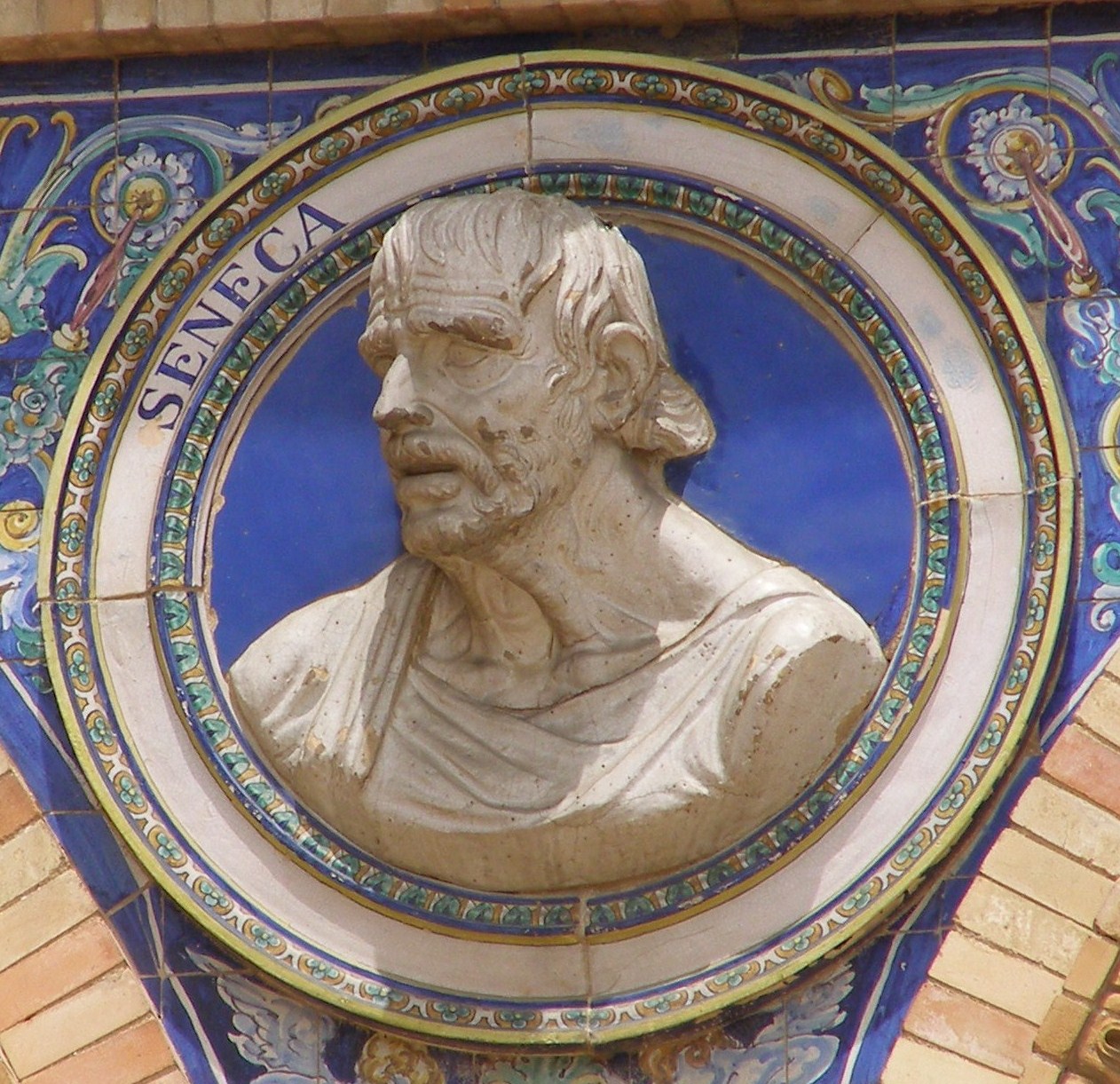From Epigrammata: De Qualitate Temporis 7, 7 as quoted in L. De Mauri, Angelo Paredi, Gabriele Nepi, 5000 proverbi e motti latini https://books.google.gr/books?id=hjiMpXCMCvsC&printsec=, Hoepli Editore, 1995, p. 384 and Hubertus Kudla, Lexikon der lateinischen Zitate https://books.google.gr/books?id=2Vtf_GVrdbgC&dq=, C. H. Beck, 2007, p. 416. The full text can be found in Anthologia Latina I, fasc. 1 (Walter de Gruyter, 1982) https://books.google.gr/books?id=PHWq0avQcGIC&pg=, ed. by D. R. Shackleton Bailey, p. 164. Harold Edgeworth Butler ( Post-Augustan Poetry: From Seneca to Juvenal https://books.google.gr/books?id=2gR48lrVJ-cC&dq=, Library of Alexandria, 1969, ch. 2, sec. 2) attributes De Qualitate Temporis to Seneca the Younger.
Misattributed
